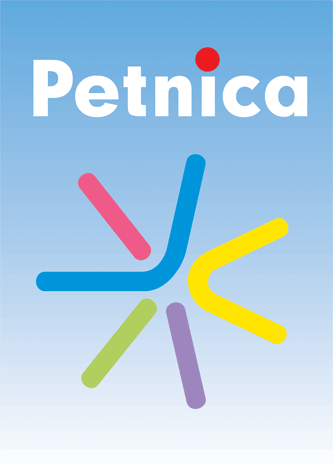Petnica Science Centre - Innovative Support to gifted Students and Ethusiastic Teachers
Introduction
Petnica is the name of a small village on the beautiful hills of Western Serbia. There in 1982 a group of young people not satisfied with existing educational practice founded the Petnica Science Center (PSC) as new experimental institution. The main goal of the Center is to search for curious boys and girls, mostly high-school students in age group 14-18, who are highly motivated and interested in science, humanities, and new technologies much above the level of curricula in regular public schools. Using no marks, without rigid discipline, but with flexible programs, interactive teaching, with no regional, ethnical or social limits for students, with a young staff supported by a thousand enthusiastic scientists and teachers, the PSC is not just the focal point of Serbia complementary education, but is one of a very few attractive places in an impoverished and divided Balkans. Here, the young people can feel freedom, happiness, understanding, and the tidal waves of the new century. Parallel to the various types of students training programs, Petnica Center is very engaged in teacher training activities, servicing more than 500 primary and secondary schools in the region.
Learning Through Research is, probably, the most important idea behind the most of programs in Petnica. Here, a methodology of research work is used as a tool in development of students’ thinking skills in observing and “attacking” a broad spectrum of problems. This way participants of PSC programs study by “discovering”various relationships, structures or models under the supervision of more experienced researchers.
PSC is a non-governmental organization receiving economic support from several state funds, but mostly through sponsorships and donations from private sector. A small young team of 20 professionals is running the complete program. The team keep contact with over 1,000 guest teachers and lecturers who are famous scientists, university professors and prominent researchers, plus more than 200 “student associates”, university students and Petnica alumni, who play an important role in the PSC’s educational environment. 
Every year the Petnica Science Center offers over a hundred training programs, camps, seminars, and workshops to a vast network of about a thousand primary and secondary schools in Serbia and neighbor countries. From January through December more than 2,000 students (age 13-19) and almost 1,000 school teachers take part is some of these programs that encompass many fields of science and technology: from astronomy and physics, to mathematics and computer science, from biology and chemistry to geology, geography, and electronics, from archaeology and anthropology to psychology and linguistics.
During these last 24 years more than 25,000 students and 6,000 teachers, visiting instructors, and scientists experienced its camps and courses. Focusing promotion of modern science and technologies, as well as humanities, with support of more than 800 professional scientists and university teachers who spend many days as volunteers by giving lectures or conducting discussions and experiments with hundreds of the best students from Serbia and other countries every year, the PSC represents one of a few spontaneously generated institutions in the world that promotes new methods and future technology in education. The majority of PSC programs and services are free of charge for the participants, student or teacher.
The majority of programs cover entire country plus the most of neighbouring countries: Croatia, Bosnia and Herzegovina, Montenegro, Macedonia, Bulgaria, Slovenia and others.
Since the very beginning Petnica attracts attention of many international foundations. So far Petnica has been supported by HESP Budapest, Swiss Development Agency (SDC), UNESCO, UNICEF, European Commission, Canadian Development Agency (CIDA), Kultur Kontakt Austria, Fund for Open Society, The British Council, and others.
DOWNLOAD THE BROCHURE PDF
English (0.9 MB)Spanish (0.9 MB)
ONLY TEXT
•Petnica Science Center in practice








 COUNTRY OF ORIGIN
COUNTRY OF ORIGIN